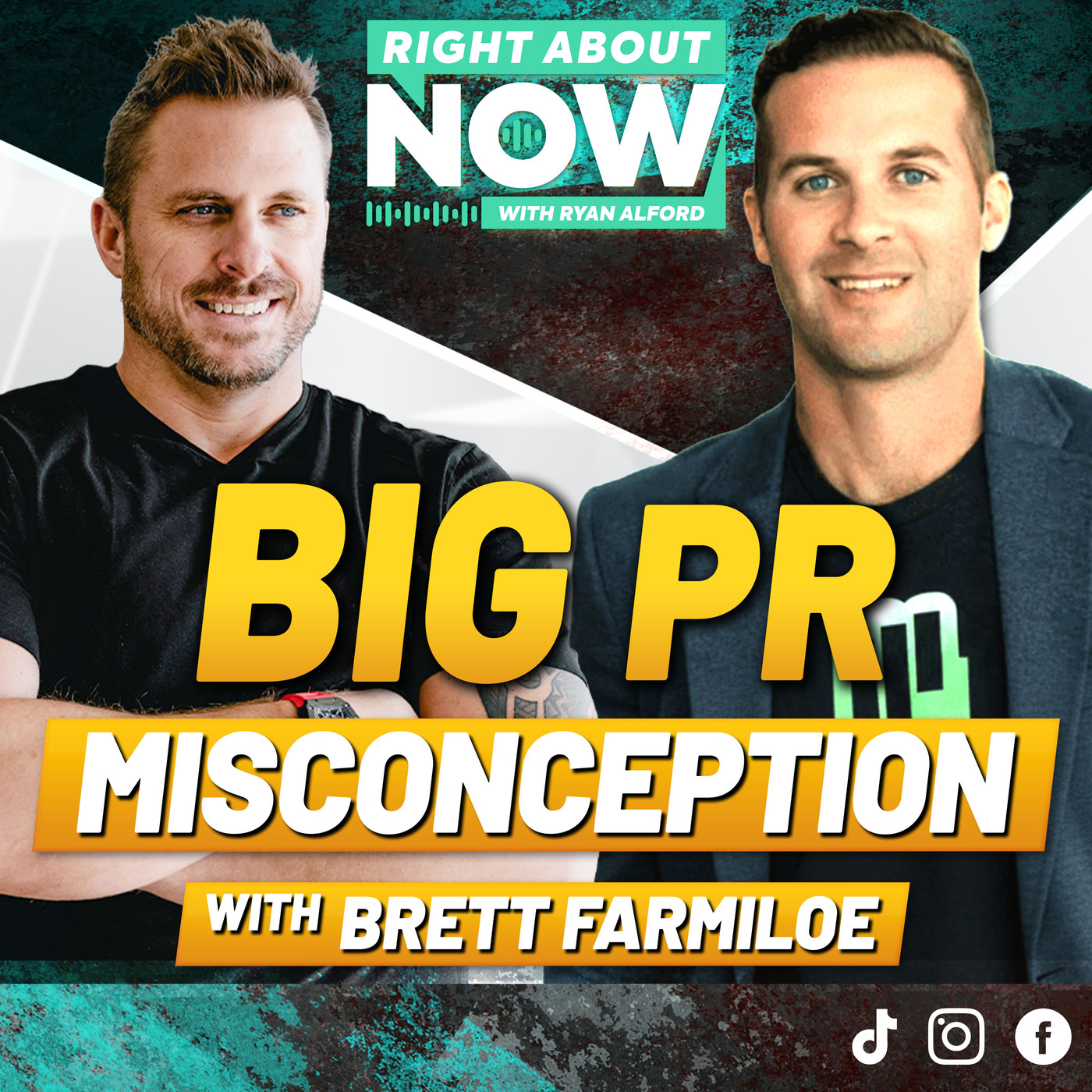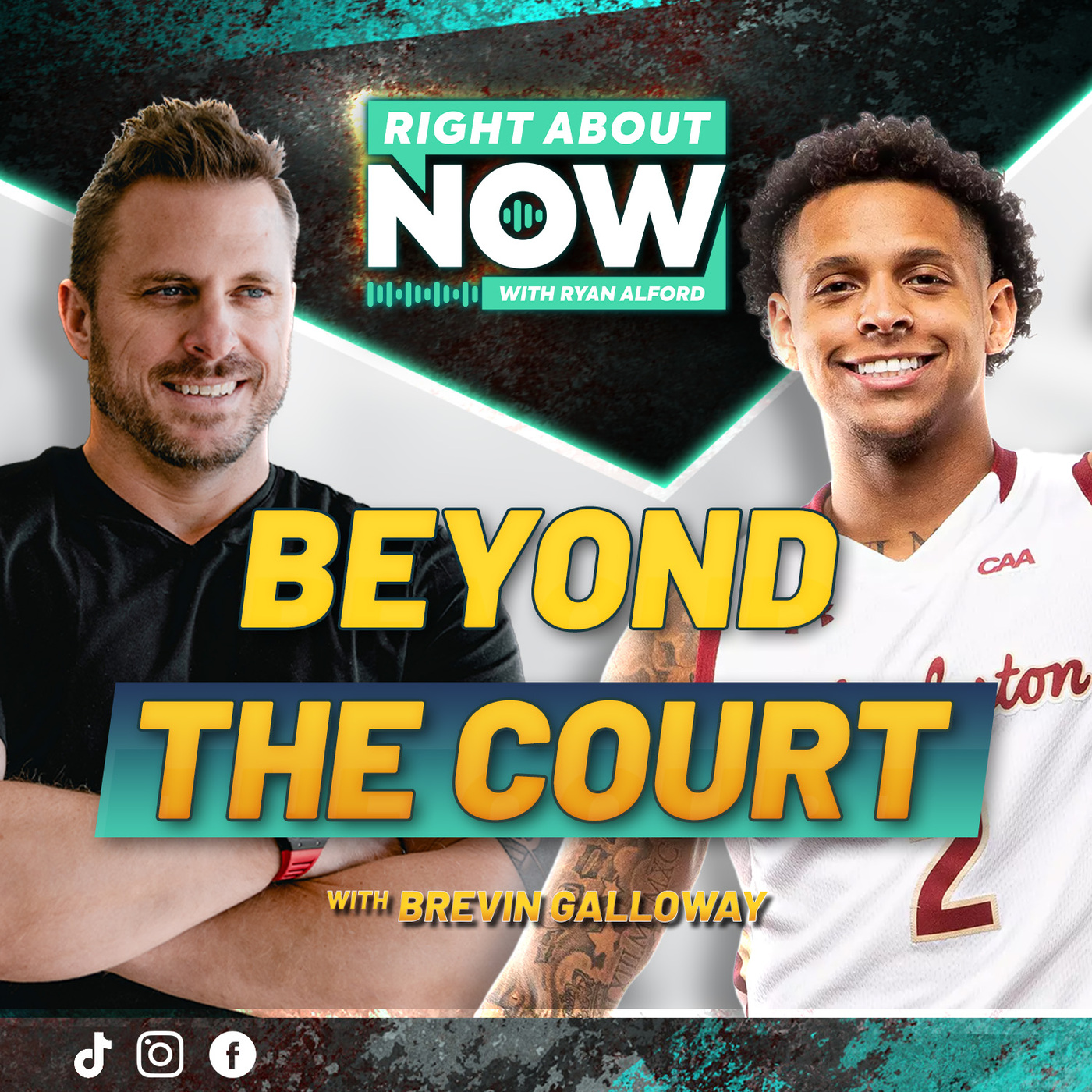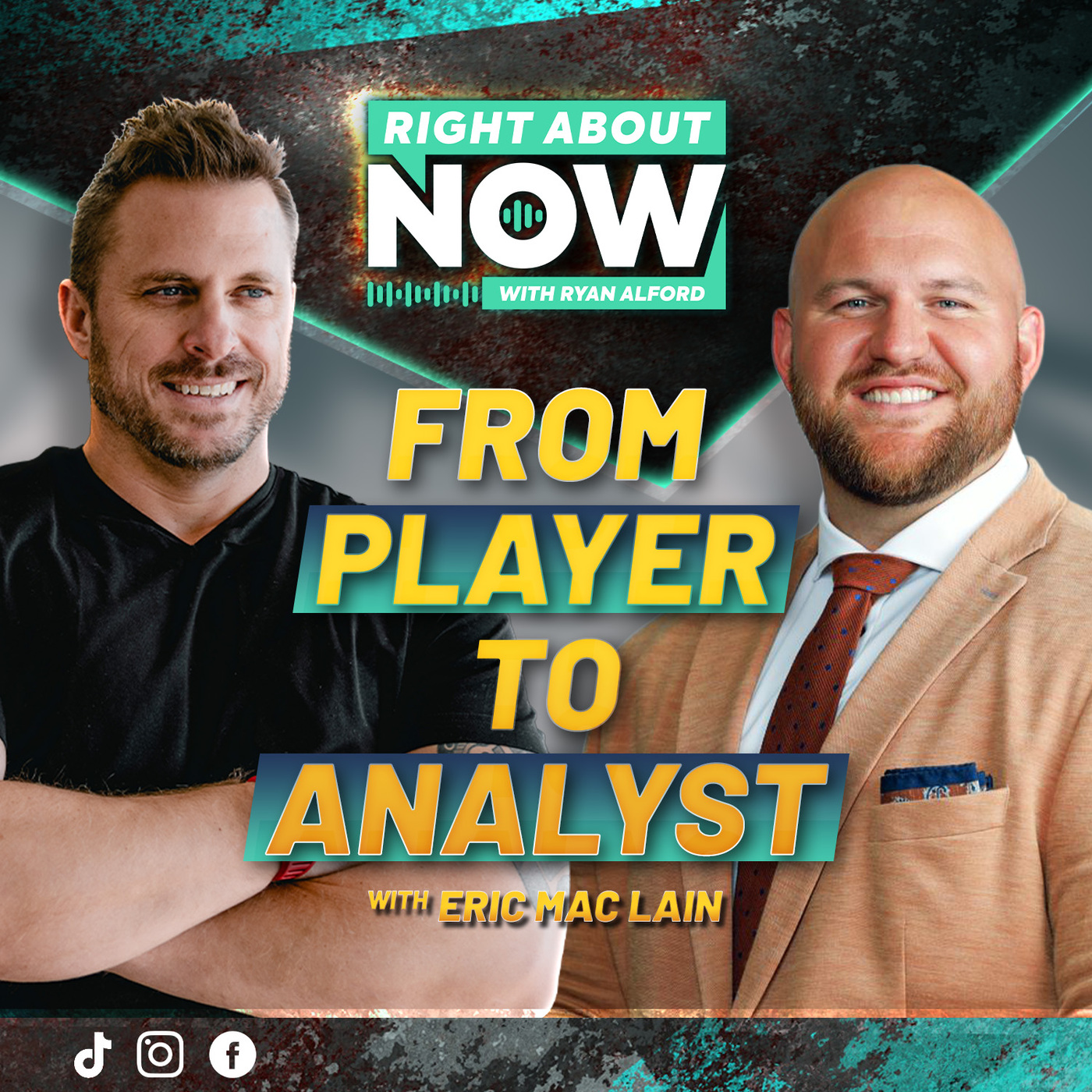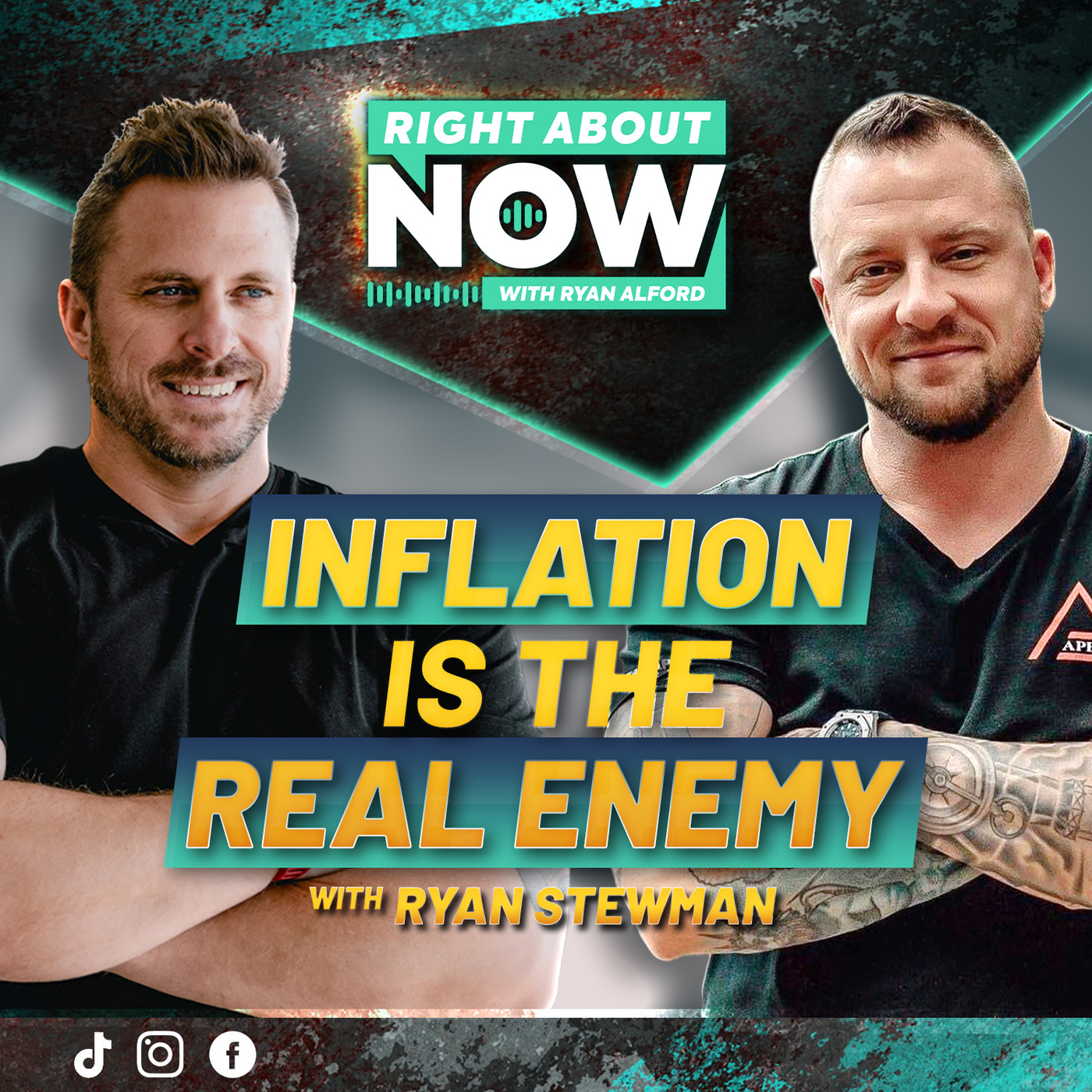The Future of PR: Earned Media, AI in Journalism & Visibility Strategies with Brett Farmiloe
Join media personality and marketing expert Ryan Alford as he dives into dynamic conversations with top entrepreneurs, marketers, and influencers. "Right About Now" brings you actionable insights on business, marketing, and personal branding, helping you stay ahead in today's fast-paced digital world. Whether it's exploring how character and charisma can make millions or unveiling the strategies behind viral success, Ryan delivers a fresh perspective with every episode. Perfect for anyone looking to elevate their business game and unlock their full potential.
Resources:
Right About Now Newsletter | Free Podcast Monetization Course | Join The Network |Follow Us On Instagram | Subscribe To Our Youtube Channel | Vibe Science Media
SUMMARY
In this episode of "Right About Now," host Ryan Alford interviews Brett Farmiloe, CEO of Featured.com, about the evolving world of earned media and public relations in the age of AI. Brett explains how platforms like Featured.com and HARO connect experts with journalists, enabling organic media exposure without paid ads. They discuss the impact of AI on media visibility, the importance of authentic expertise, and practical tips for leveraging these platforms to boost brand credibility and reach. The conversation highlights the enduring value of earned media in modern marketing strategies.
TAKEAWAYS
- Definition and significance of earned media versus paid media.Challenges and misconceptions in public relations (PR) and measuring its return on investment (ROI).
- The influence of AI and large language models (LLMs) on media visibility and expert sourcing.
- The role of platforms like Featured.com and HARO in connecting experts with journalists.
- The relevance of earned media in the current marketing landscape.
- The intersection of PR, SEO, and AI in shaping customer discovery and brand visibility.
- Common misconceptions about the effectiveness and measurement of PR efforts.
- The evolving marketing funnel due to AI and LLMs affecting customer decision-making.
- The importance of human expertise in content creation and journalism amidst AI advancements.
- Strategies for businesses to leverage platforms for media exposure and authentic content creation.
Press play and read along
Transcript
Transcript is processing—check back soon.





